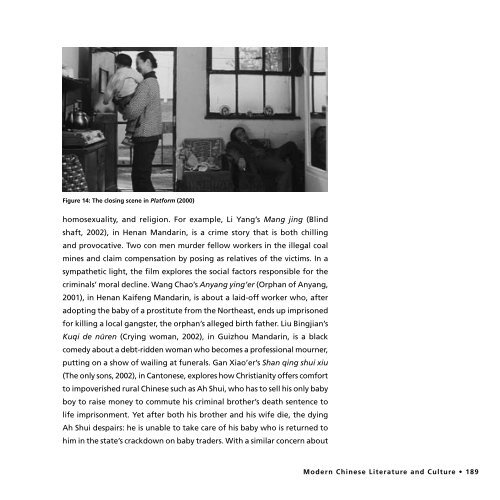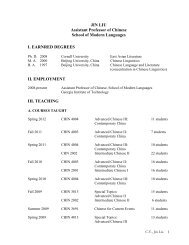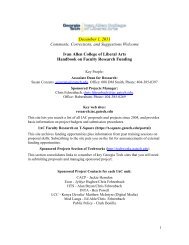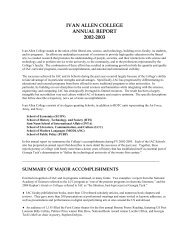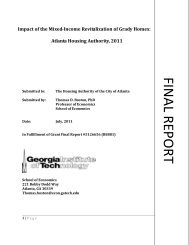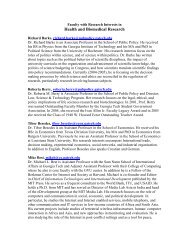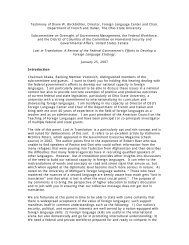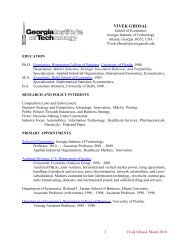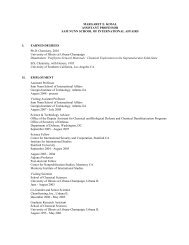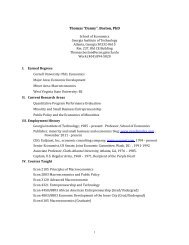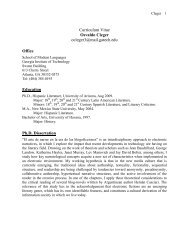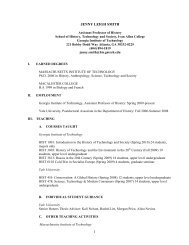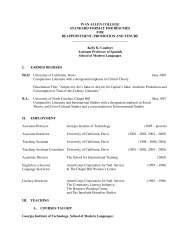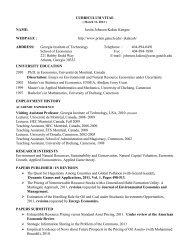Read this paper
Read this paper
Read this paper
You also want an ePaper? Increase the reach of your titles
YUMPU automatically turns print PDFs into web optimized ePapers that Google loves.
Figure 14: The closing scene in Platform (2000)<br />
homosexuality, and religion. For example, Li Yang’s Mang jing (Blind<br />
shaft, 2002), in Henan Mandarin, is a crime story that is both chilling<br />
and provocative. Two con men murder fellow workers in the illegal coal<br />
mines and claim compensation by posing as relatives of the victims. In a<br />
sympathetic light, the film explores the social factors responsible for the<br />
criminals’ moral decline. Wang Chao’s Anyang ying’er (Orphan of Anyang,<br />
2001), in Henan Kaifeng Mandarin, is about a laid-off worker who, after<br />
adopting the baby of a prostitute from the Northeast, ends up imprisoned<br />
for killing a local gangster, the orphan’s alleged birth father. Liu Bingjian’s<br />
Kuqi de nüren (Crying woman, 2002), in Guizhou Mandarin, is a black<br />
comedy about a debt-ridden woman who becomes a professional mourner,<br />
putting on a show of wailing at funerals. Gan Xiao’er’s Shan qing shui xiu<br />
(The only sons, 2002), in Cantonese, explores how Christianity offers comfort<br />
to impoverished rural Chinese such as Ah Shui, who has to sell his only baby<br />
boy to raise money to commute his criminal brother’s death sentence to<br />
life imprisonment. Yet after both his brother and his wife die, the dying<br />
Ah Shui despairs: he is unable to take care of his baby who is returned to<br />
him in the state’s crackdown on baby traders. With a similar concern about<br />
Modern Chinese Literature and Culture • 189<br />
MCLC 18.2.indd 189<br />
12/20/06 2:01:39 PM


